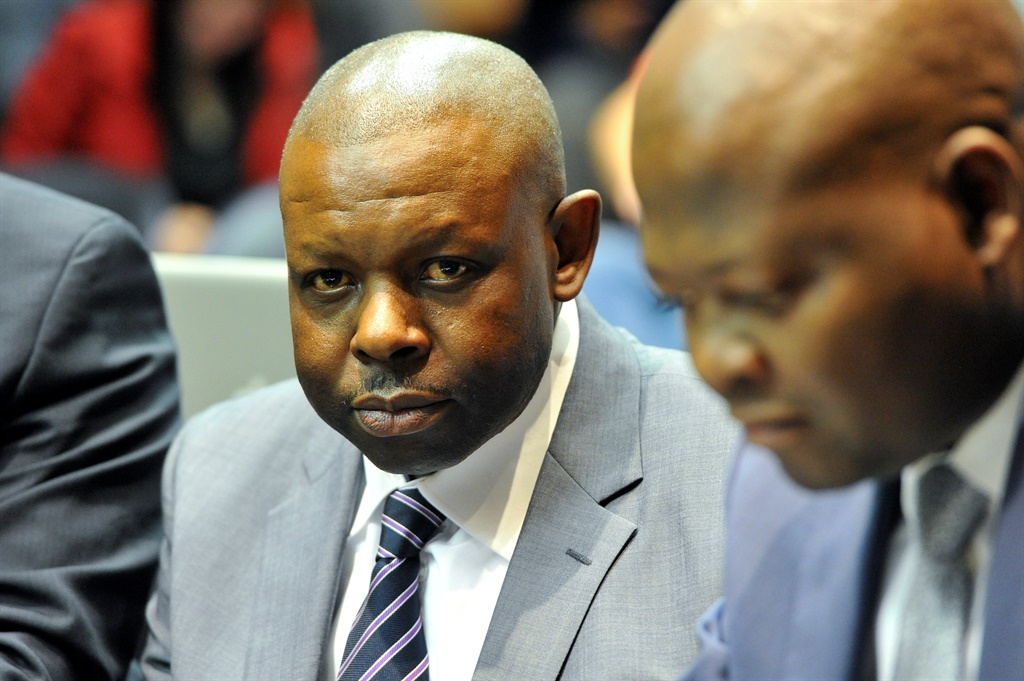


Judge John Hlophe. (Pauli Van Wyk, Beeld)
- The tribunal is expected to resume in October, 12 years after the complaint against Hlophe was lodged.
- The complaint was laid by the full Constitutional Court Bench after Hlophe allegedly attempted to improperly influence two justices.
- Hlophe also faces a gross misconduct complaint lodged against him by Deputy Judge President Patricia Goliath.
A gross misconduct complaint lodged against Western Cape Judge President John Hlophe in 2008 is expected to be heard later this year, the Judicial Service Commission confirmed on Monday.
JSC secretary Sello Chiloane confirmed that the date has been set for October 26 to 30.
Hlophe is accused of trying to influence Constitutional Court judges in a case involving former President Jacob Zuma, relating to the validity of searches during the arms deal investigation of Zuma and Thint.
A complaint was laid by the full Constitutional Court Bench after Hlophe allegedly approached justices Bess Nkabinde and Christopher Jafta to improperly influence them in the case before the apex court.
A tribunal was set up at the recommendation of a subcommittee of the Judicial Service Commission in 2013.
Alleged assault and verbal abuse
The most recent spanner in the tribunal’s work was owing to an unresolved dispute regarding legal fees between the Office of the State Attorney and Hlophe’s attorney Barnabas Xulu.
In a statement last year, the Tribunal President Judge Joop Labuschagne said they were “exploring other avenues to ensure that the dispute is resolved” to enable it to convene “as soon as it is practically possible and deal with this long outstanding matter”.
Hlophe also faces a gross misconduct complaint lodged against him by his deputy, Deputy Judge President Patricia Goliath, in a 14-page affidavit in which she accused him of compromising the proper functioning of the Western Cape High Court.
In her complaint, she accuses Hlophe of attempting to influence the appointment of judges perceived as “favourably disposed” to Zuma to preside over the so-called Earthlife Africa case involving the nuclear deal.
Accusations of preferential treatment for his wife, Judge Gayaat Salie-Hlophe as well as the alleged assaulting and verbal abuse of two judges are also among the claims contained in the document.
Hlophe, in turn, had in a 100-page affidavit to the JCC dismissed the allegations as a complaint that has “all the hallmarks of a paranoid judge with little appreciation of collegiality, restraint, composure and confidentiality”.
He had also lodged a counter complaint against her.

